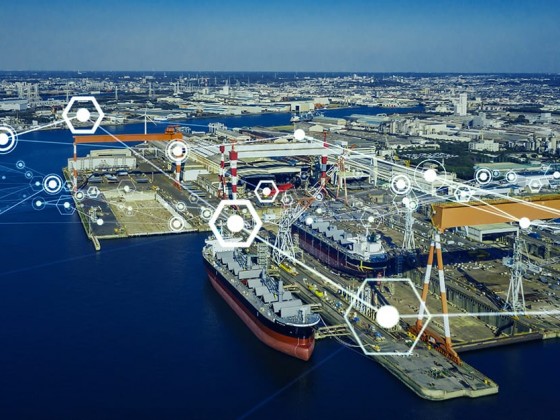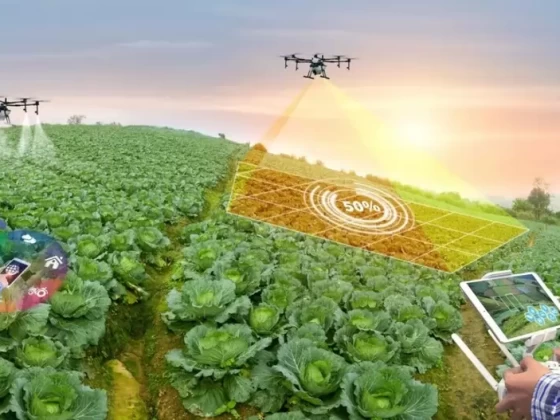by | Muhammad Hasif Hasan
The world we now live in is withstanding many serious challenges. A fast-growing human population and the consequent mounting demand for food, energy and water are the most critical issues to address.
In addition, anthropogenic climatic change is a severe threat to mankind and requires that we significantly reduce our current greenhouse gas (GHG) emissions to avoid detrimental consequences for the globe. Global demand and prices for the human necessities have been resilient during the recession, leading policy-makers in countries with the potential to increase production to look to that sector as a potential engine for economic growth.
One correlation that we shall consider is that as the population rises, the amount of waste generated will also increase. Archaeologist E. W. Haury once cited that ‘Whichever way one views the mounds [of waste], as garbage piles to avoid, or as symbols of a way of life, they…are the features of more productive information than any others.’ Archaeological excavations have yielded thicker cultural layers from periods of prosperity; correspondingly, modern waste-generation rates can be correlated to various indicators of opulence, including gross domestic product (GDP)/capita, energy consumption/capita and product consumption/capita.
In the modern world that we live in, waste implies unnecessary depletion of natural resources, unnecessary costs, and environmental damage. Sustainable waste management is about using resources more efficiently. In most developed and developing countries with increasing population, prosperity and urbanization, it remains a major challenge for municipalities to collect, recycle, treat and dispose of increasing quantities of solid waste and wastewater. A cornerstone of sustainable development is the establishment of affordable, effective and truly sustainable waste management practices. It must be further emphasized that multiple public health, safety and environmental co-benefits accrue from effective waste management practices which concurrently reduce GHG emissions and improve the quality of life, promote public health, prevent water and soil contamination, conserve natural resources and provide renewable energy benefits.
Solid waste management is a major challenge for Malaysia to address in the light of Vision 2020 which lays out the direction for Malaysia to become a fully developed nation by 2020. The National Strategic Plan (2005) estimated that 31,500 tons of solid waste will be generated per day by 2020. Current waste production stood at 25,000 tons per day and from the current projection based on the waste generation trend, 42,780 tons of waste is going to pile up in the landfill by 2020 in a ‘Business As Usual’ (BAU) assumption which is more than the forecasted earlier. If the solid waste is not managed efficiently and effectively, it will give rise to negative impact to the health of the local community and environment. .










